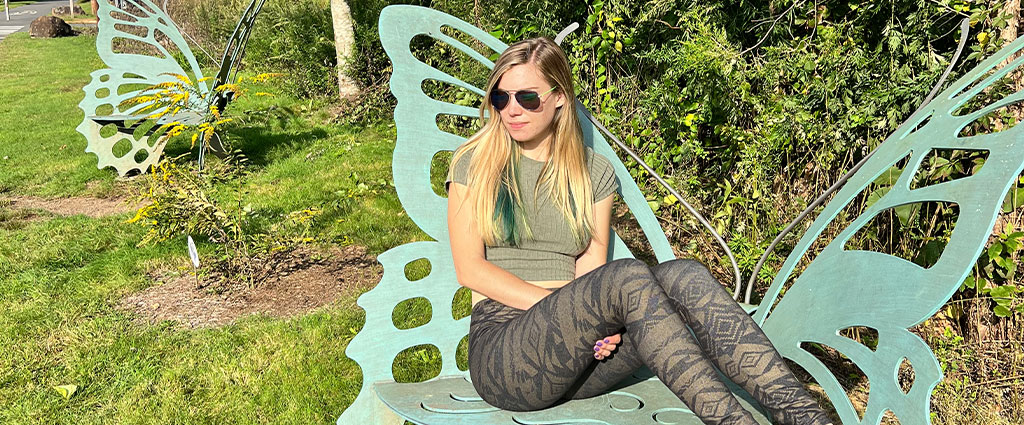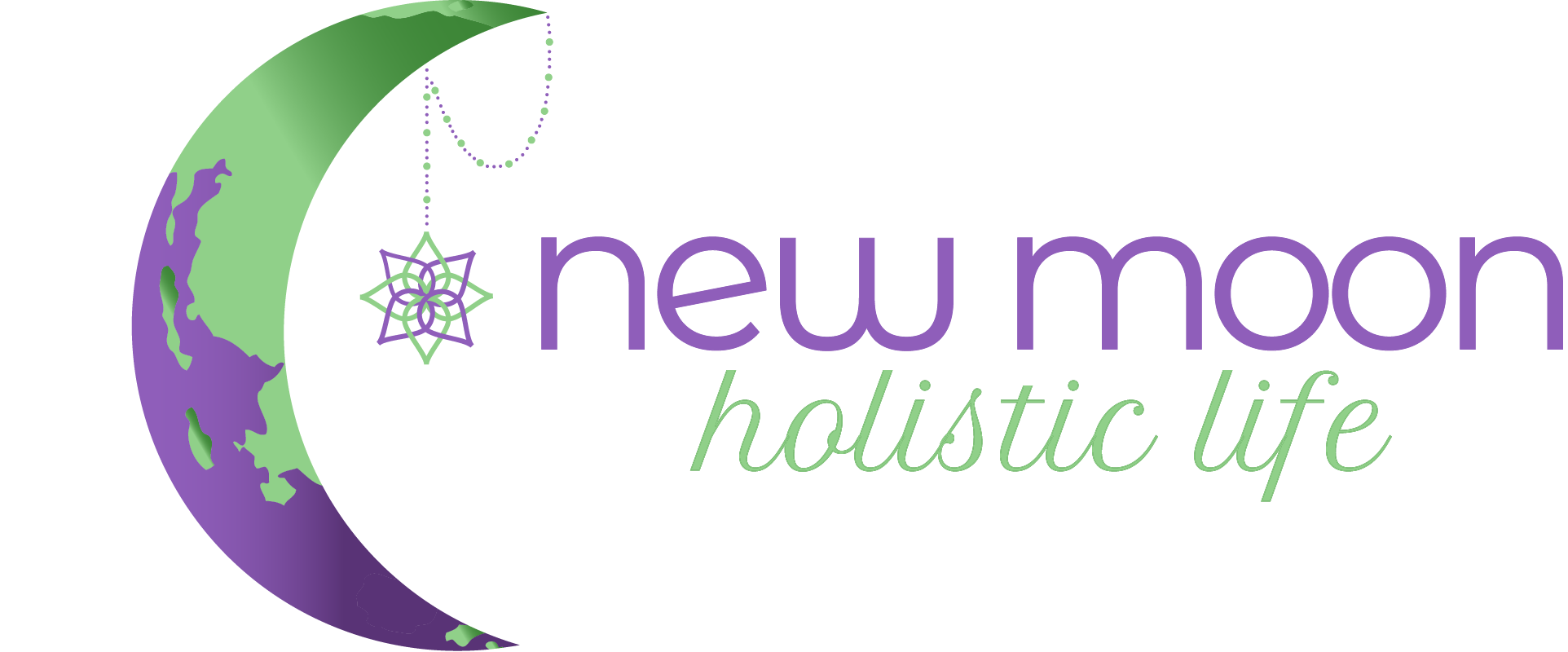
What is fear? The definition of fear is: An unpleasant emotion caused by the belief that someone or something is dangerous, likely to cause pain or a threat.
When we have thoughts about circumstances or situations in our life that create emotions of fear, this automatically triggers our fight or flight response until we have the perception that we are safe again. This is our nervous system doing its job and trying to protect us.
Stress is something almost everyone talks about, yet no one is doing much to manage it. We go about our busy days at work and at home, running a million miles a minute on autopilot, trying to get everything done. We may be doing great at our job, have a happy family, feel financially secure, and still feel the pressure and urgency of life.
Tony Robbins once said, “Stress is the achiever’s word for fear.” Most of the time, our stress in life is actually about the fear of letting people down, and the fear of how others will perceive you. In fact, fear is the underlying emotion of stress.
When we live in stress 24/7 (and ultimately, fear), we are inhibiting our immune system every day. Fear causes an increase in cortisol – the stress hormone – which is so effective at shutting down the immune system, it is used therapeutically by doctors during organ transplants.
90% of illness today is caused by stress, not genetics. It’s all about our lifestyle and behavior, which are things we can control. Your diet, environment, and perspective will determine your lifestyle, and thus, your susceptibility to chronic illness and disease.
Fear is a Perception
Fear is a perception – it is the way that you as an individual person interprets a situation. The perceptions that we have are really based on our subconscious programming. The core beliefs that we hold today started to form in our minds before we were even old enough to speak.
When you were growing up, were you always told to be careful or be safe? This is not necessarily a bad thing, but it made you aware when you were younger that there was often a potential for danger. We have also all adopted programming from our society. When you turn on the TV, you are inundated with fear-mongering, sad stories, and things that just make you feel tense and stressed.
Will Smith was quoted saying, “Do not misunderstand me: Danger is very real, but fear is a choice.”
Awareness. Becoming aware of the perceptions that you have that cause you to feel stress and fear is one of the most important tools in managing your stress. You have to recognize that pressure and urgency is a perception. Ask yourself: What will happen if I don’t meet this deadline? What am I really worried about right now?
We all hold this fear of failure. But again, failure is just a perception. There is no such thing as failure. You either “win” or you “learn” and move onto the next plan in life. When you adopt the perception that challenges are just opportunities to grow and learn, you will feel much more excitement rather than stress and fear.
Predicting Your Future
We all try to predict our futures based on past experiences. Our subconscious mind simply wants to keep us safe and comfortable, so we try to predict our future by doing things that keep us comfortable. This is why change can be difficult as you’re working against your existing programming.
When we are living in chronic stress, the unknown is scary. We want to stay exactly where we are in life. We cling to guilt and sadness because living in stress is not a time to create, imagine, open your heart, go within, or sit still. Being in chronic stress tells us to run, fight, or hide. We focus on everything outside of us, rather than looking within.
Trying to predict our future based on past experiences also has to do with wanting to be in control. We cannot control situations or circumstances, we can only control ourselves and how we act and react. We can control our behavior and our everyday lifestyles, and we can put in the work every single day to manage our stress.
We need to change the way we think, the way we feel, and that means becoming conscious and aware of how unconscious we are and how we are letting fear rule and create our lives.
Making Decisions Out of Fear Instead of Love
Living in fear causes us to continue to make decisions out of that fear. We are stuck in a cycle and the only way to make change is to make true lifestyle changes that manage our daily stress in a healthy and productive way. We can literally turn on our stress response by thought alone; so we need to use our thoughts to make us well and to inspire us. We need to get excited for opportunities & change, rather than scared. This requires us to move past the programming of staying scared and staying in our comfort zone.
Every time fear creeps in, we have to recognize it, become aware of it, and change our thoughts. We have to ask ourselves what we are afraid of and console ourselves that it’s just our subconscious mind and our programming trying to keep us safe – but that there is no true danger.
We are not our thoughts. Don’t let your thoughts rule you and your life, don’t let fear take over. Catch yourself thinking negatively and change the thought towards gratitude. A lack of understanding and lack of information often causes fear, rather than being open and excited for the unknown. We have become powerless in our own world because of our fear and the fact that we’re always giving away our power by investing our energy in negative emotions, circumstances, and people.
Somebody who is stressed and chronically ill thinks very differently than someone who is healthy and living in abundance and gratitude. We have to have the self-awareness to recognize if we are stuck in this, and have absolute trust that we have the ability to change it.
Our stress and fear causes illness and disease – so much so that specific emotions actually drive disease in specific organs. Your thoughts carry a frequency, and different frequencies correlate to different areas of the body, thus affecting your body in various ways based on your thought patterns.
Taking care of our emotions is just as important as taking care of our diet. If not more important, because our physical existence is really the result or product of our mental chatter. There are so many things that we can do to manage our stress, including: becoming aware of our breath, meditation, diet, and overall healthy lifestyle changes that take care of our mind, body, and spirit.
Society’s typical daily routine is stress promoting. It’s important to focus on designing and living a routine that promotes health, happiness, longevity, etc. You are in charge of your own wellbeing. Managing stress is something that I am truly passionate about, and why I created my course, A Holistic Approach to Managing Stress. I am here to be a guide that helps you to create a healthier and happier life.

